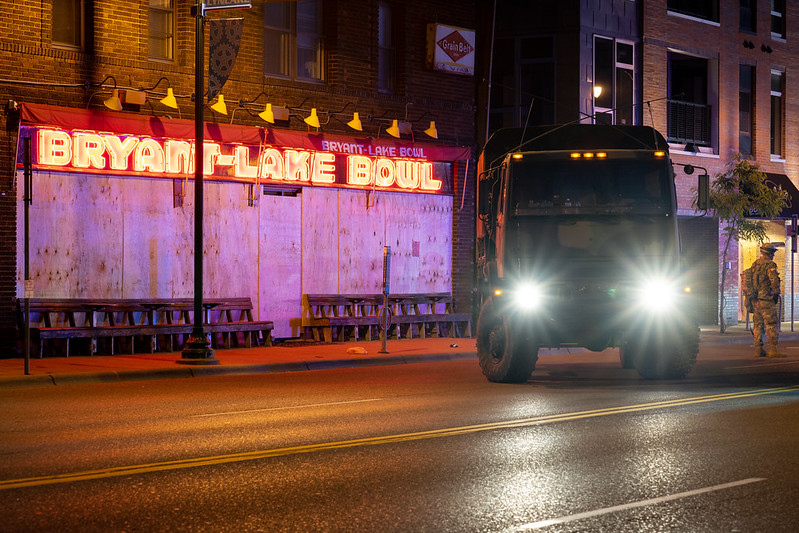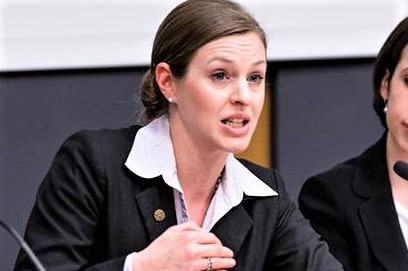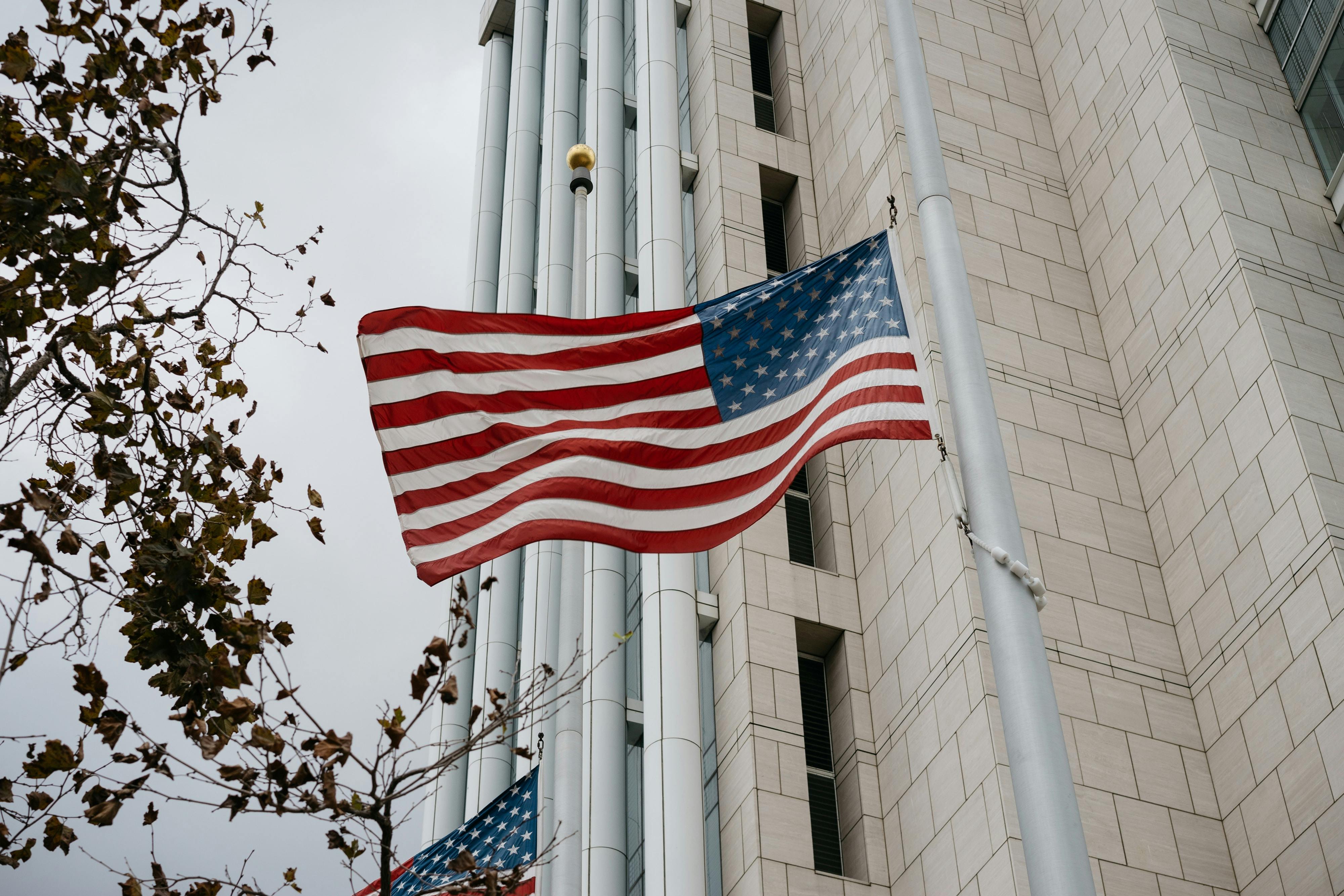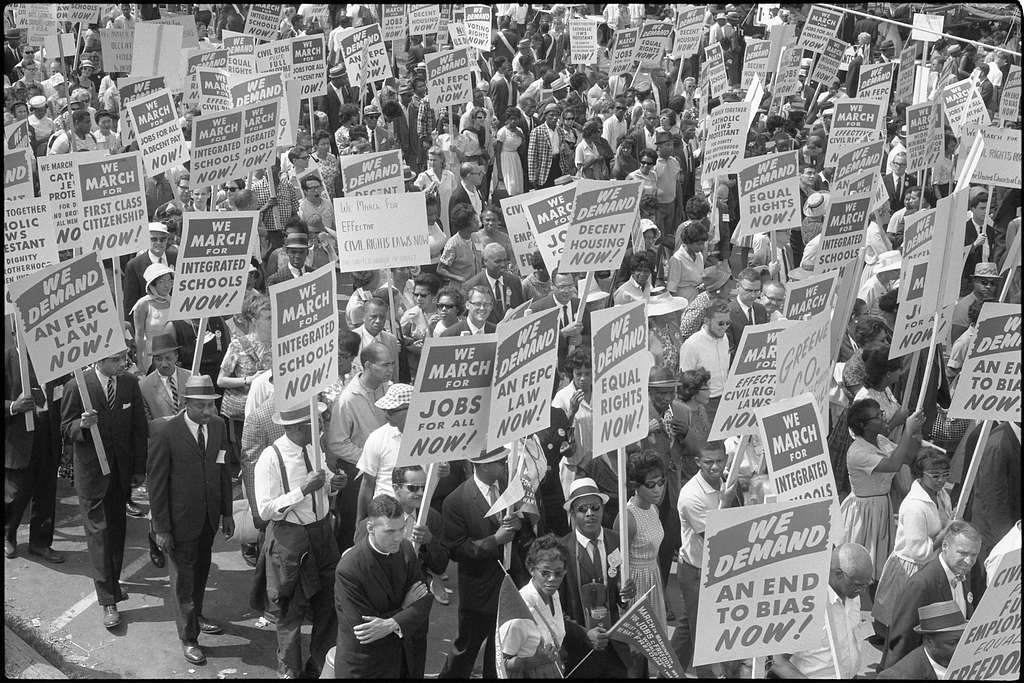The Election and the Military
Elections are the one context in which Congress has been clear that otherwise broad authorities are not generally available to the president.

Well founded or not, there are widespread concerns that President Trump could use the military to interfere in Tuesday’s election, to influence what happens thereafter if the outcome is too close to call, or to put down (or not put down) protests that could break out depending on the results. Given the president’s track record, including his novel and troubling use of the National Guard in Washington, D.C., earlier this year and of various other federal officers in Washington, D.C., and Portland, Oregon, these concerns are hard to brush away. Moreover, as scholars like us have warned for decades, the authorities governing domestic uses of military force are notoriously open ended and ripe for abuse. But there’s an important silver lining: Elections are the one context in which Congress has been clear, since the end of the Civil War, that otherwise broad authorities are not generally available to the president; and where use of the military, or “armed men,” is expressly forbidden by law. It is those statutes, and not the laws generally authorizing the use of force, that we should be focused on heading into Tuesday.
The Constitution does not generally prohibit the use of the military for domestic law enforcement. To the contrary, it was written at a time before the U.S. had police departments and when sheriffs, the militia and, when necessary, the army were the only forms of public law enforcement. And given the embarrassing inability of the Articles of Confederation government to respond to Shays’s Rebellion in Massachusetts in 1786, everyone understood that there would be circumstances in which the federal government would need to use the state militia and federal armed forces to respond to domestic crises. The Constitution thereby empowered Congress to provide for such domestic use of military force in three circumstances: to suppress insurrections, to repel invasions and to “execute the laws of the union.”
In a series of statutes dating back to 1792, and known colloquially (if inaccurately) as the Insurrection Act, Congress has exercised that authority to delegate stunningly broad power to the president—to call out federal troops upon state requests for assistance, or if he or she determines that federal laws or constitutional rights are not adequately being enforced and protected by local and state authorities. The Insurrection Act assumes that the federal military would be used as a neutral, pacifying force in these circumstances, not as an instrument of partisan warfare. And although the Posse Comitatus Act of 1878 forbids domestic use of the military for law enforcement purposes unless Congress or the Constitution has expressly authorized it, the Insurrection Act is understood as one of the statutes that expressly authorizes such use.
As has been clear for decades, though, the Insurrection Act leaves far too much to the president in the first instance, including the determination of whether the predicates for sending in the military have been satisfied. Thus, although no president has invoked the Insurrection Act since President George H.W. Bush did so in 1992 to help restore order during the Rodney King riots in Los Angeles, there is no legal bar preventing President Trump from invoking the act in the coming days (or weeks) to deploy troops into American cities. Worse still, the federal government has also begun to rely on an even more obscure authority enacted after Sept. 11—to “borrow” National Guard troops from states willing to lend them, as happened this summer in Washington, D.C., as an end run around both the political cost of invoking the Insurrection Act and the legal limits imposed by the Posse Comitatus Act. Like the Insurrection Act, that statute appears to provide open-ended authority to the president to use those troops as he sees fit—so long as there are governors willing to send them.
If that’s where the story ended, it would be quite scary, indeed. But any discussion of the military or other federal forces in this context must also include a series of statutes Congress has passed expressly barring any use of armed forces that might interfere with elections. In particular, in a pair of statutes enacted in 1865 (and amended in 1909), Congress has made it not only unlawful, but criminal, for any federal officers to deploy troops or any other “armed men” “at any place where a general or special election is held.” Unlike the Posse Comitatus Act, which is focused on the Army and (as amended) Air Force, the criminal prohibition sweeps much more broadly. And more generally, Congress has made it a crime for members of the military themselves to undertake various activities, at the polls or otherwise, that could interfere with any individual’s right to vote or with how local and state election officials manage and process the election and its results. Simply put, if Trump tried to deploy the military or any other armed personnel in a way that could even potentially interfere with voting or election results, both those issuing the orders and those obeying them would be breaking the law.
Like the Posse Comitatus Act itself, these statutes did not necessarily have the best of motivations. In both cases, they were designed to prevent the federal government from protecting the civil rights of Black people from hostile southern state militias and law enforcement. But the statutes have evolved into a norm of our democratic system: that armed interference in elections is never appropriate, no matter the putative justifications.
To be sure, the Insurrection Act, and the newer National Guard authority used this summer, are both crying out for reform. And whatever happens this week, we fervently hope that Congress will consider imposing additional checks on these powers so that no president can abuse them. But at least with respect to elections, Congress has made abuse far less likely. That doesn’t mean everything will go smoothly this week or next, but it’s one less thing over which to lose sleep.






